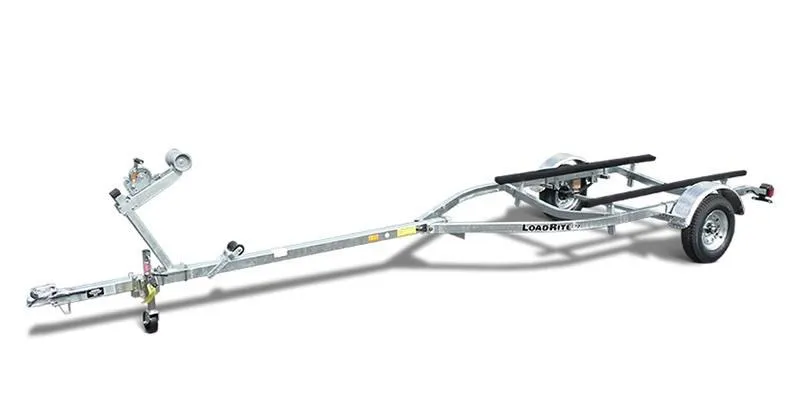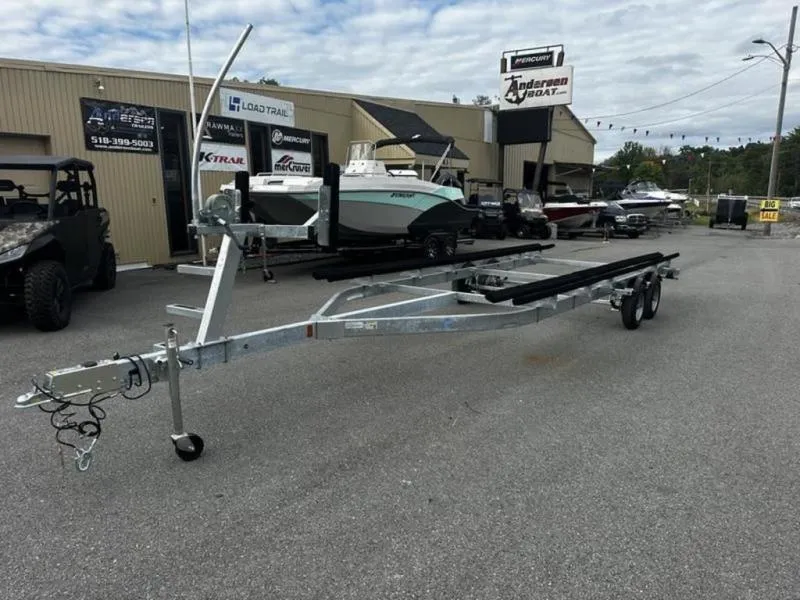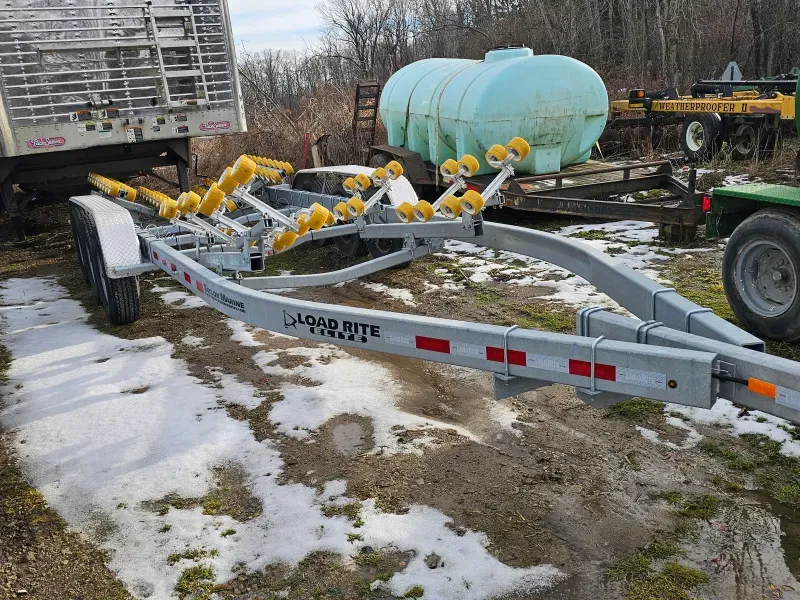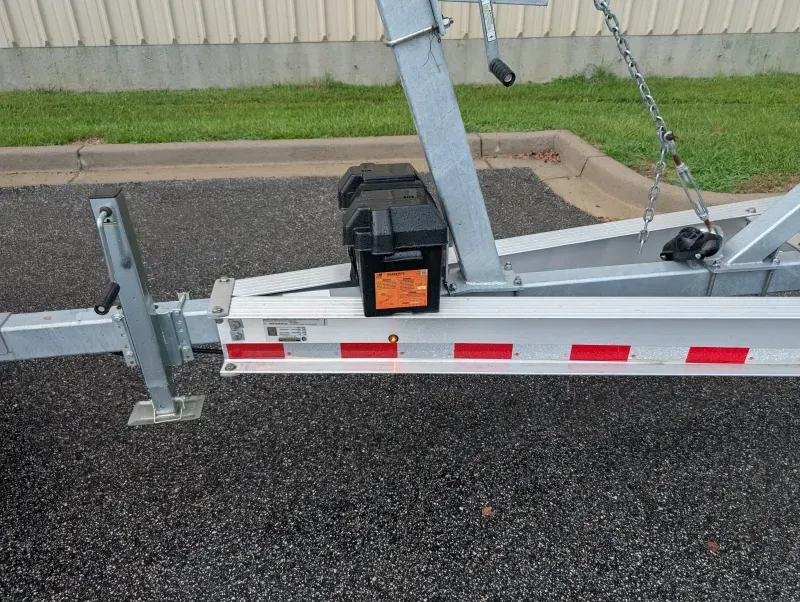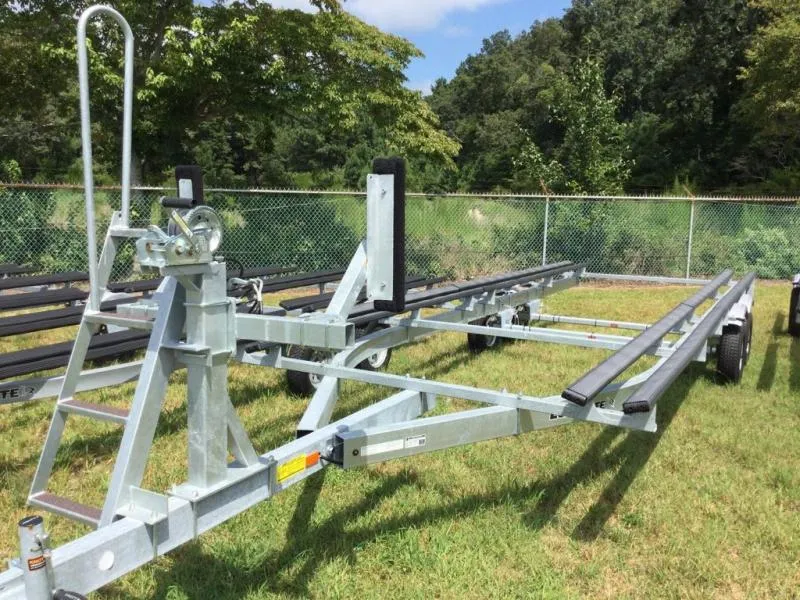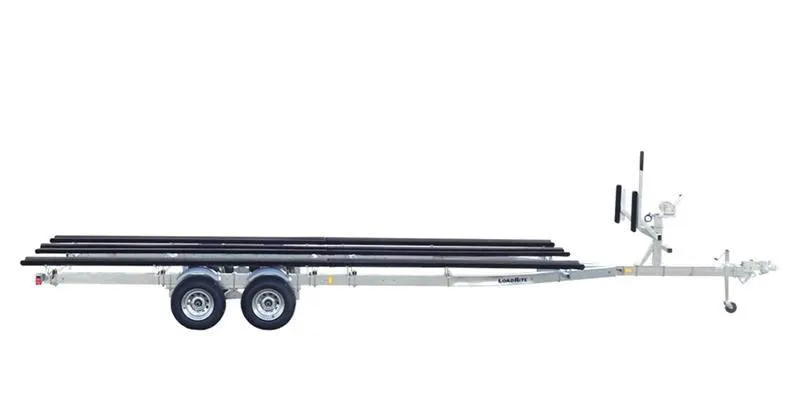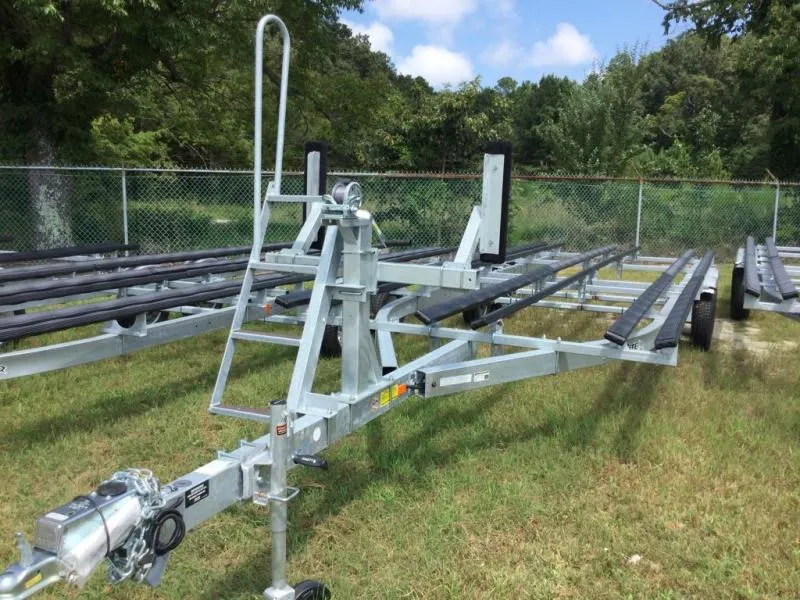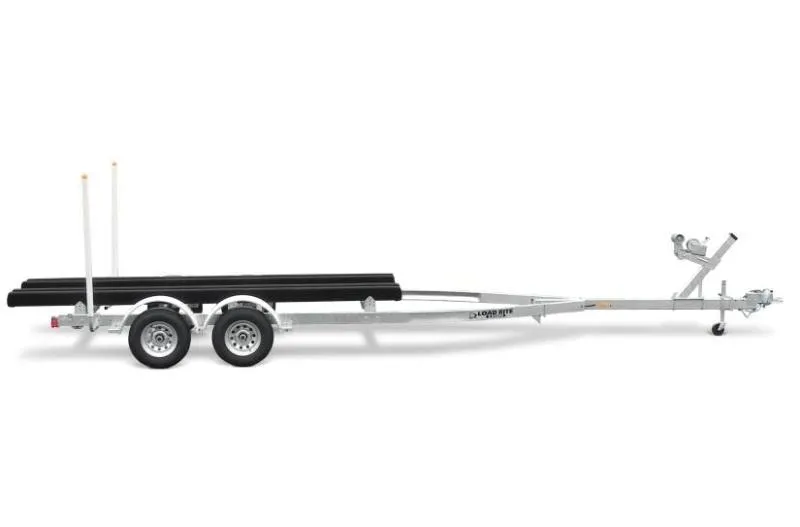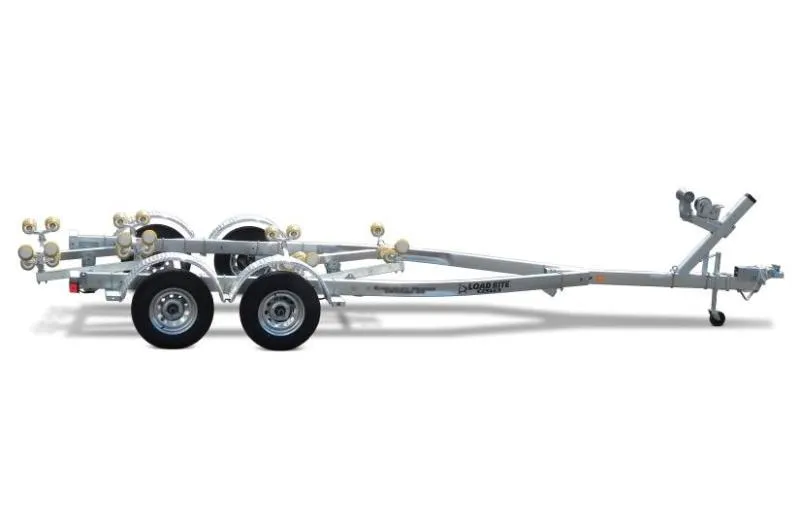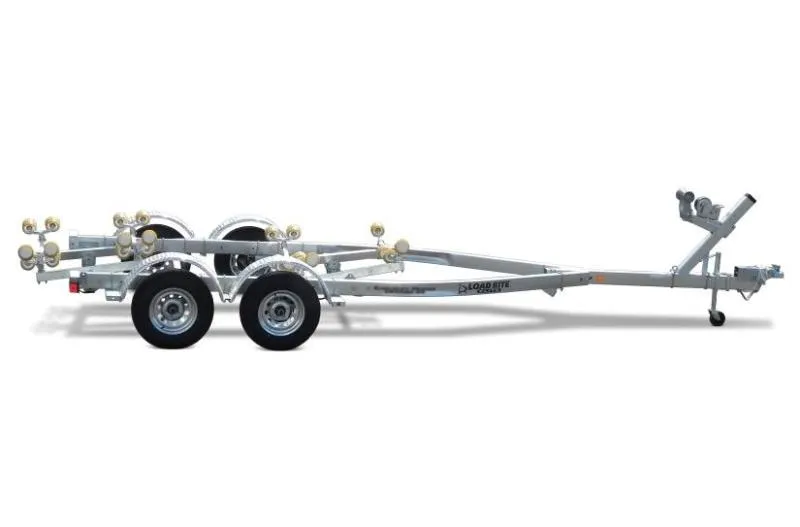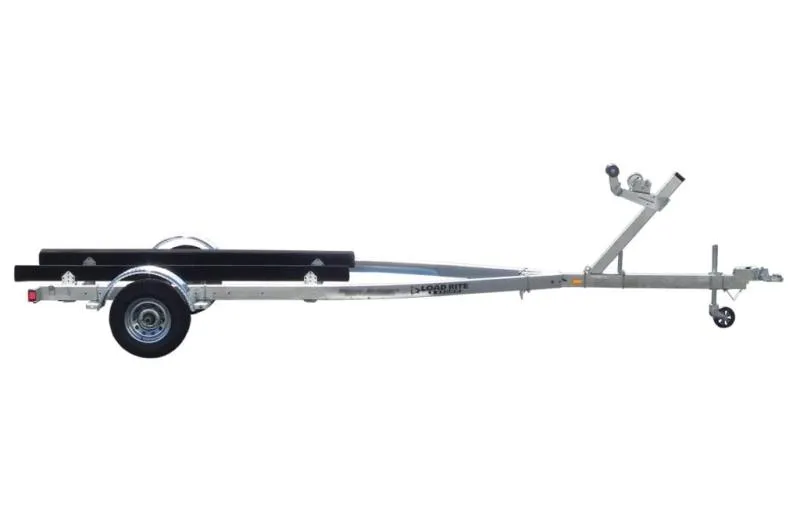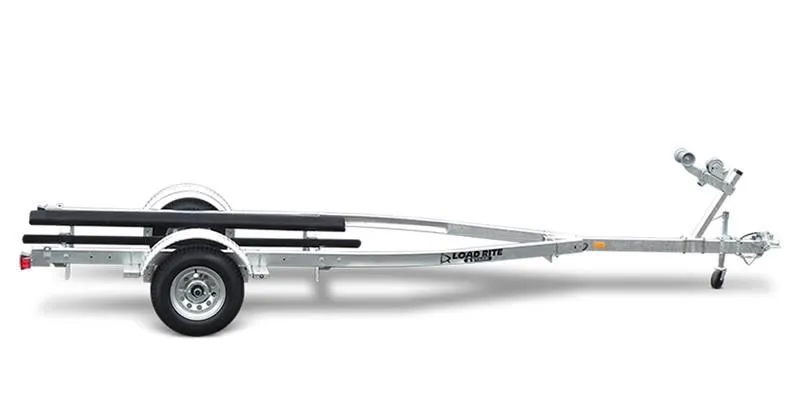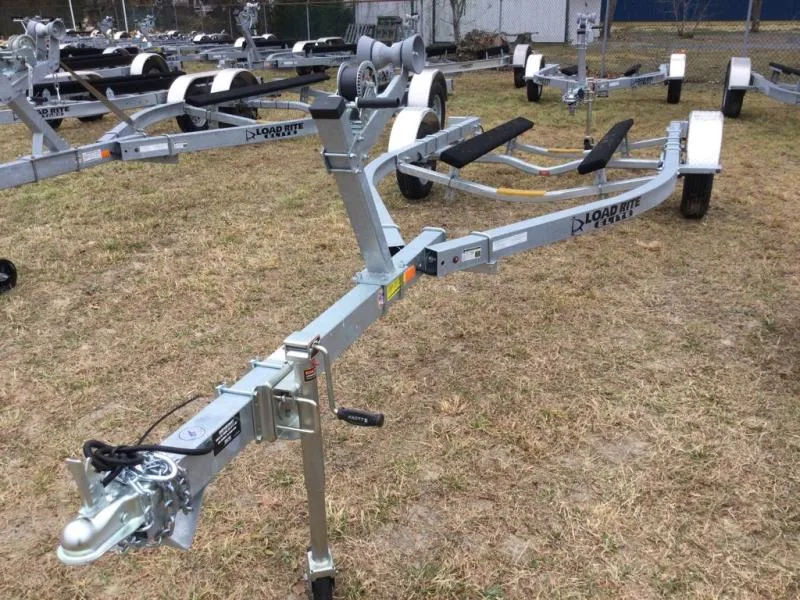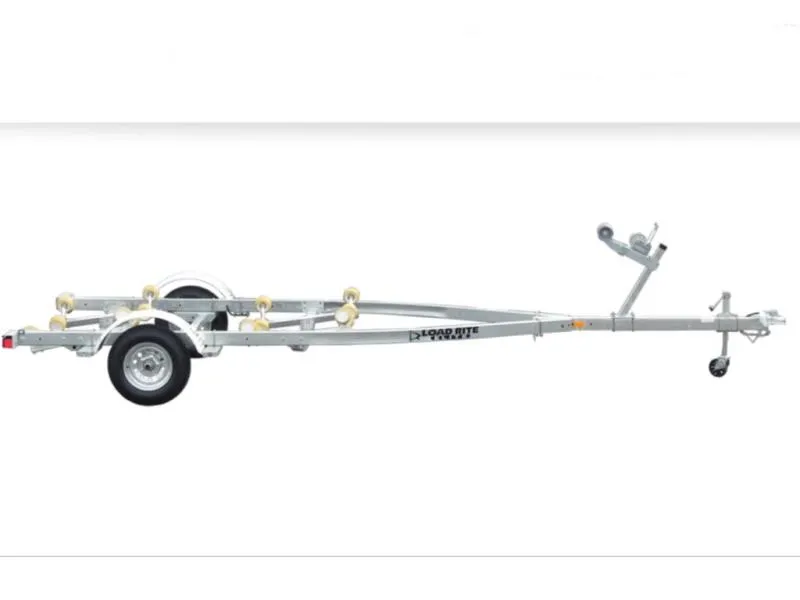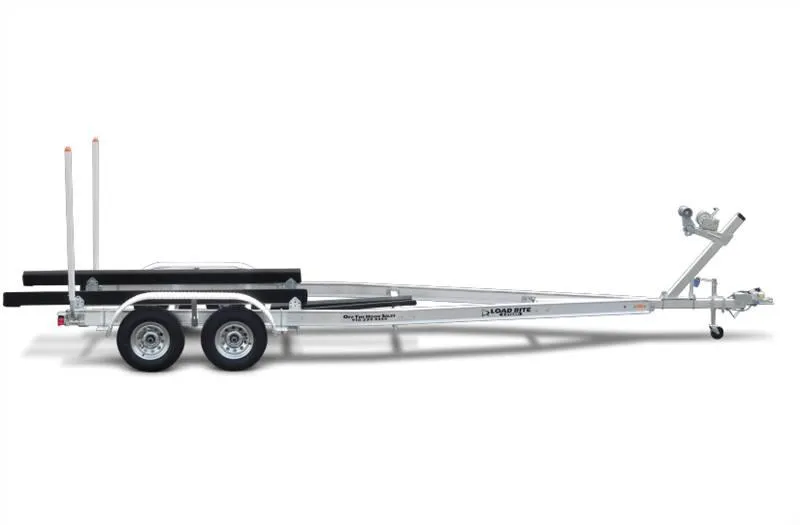New & Used Watercraft Trailers for sale Nationwide- TrailerTrader
Explore 247 New & Used Watercraft trailers across all 50 states. Featuring top manufacturers, multiple pull types, and a range of GVWR options. Find the perfect trailer wherever you are.
Enhanced Listings
1
247 Results
SORT BY
New 2025 SHORE HAVEN GALVANIZED TRAILERS 18-23FT Boat Trailer For Sale In Burnt Hills, NY This New 2025 SHORE HAVEN...
Manufacturer
Shore Haven
Condition
new
Load Rite
2021 Load Rite 34RI5000102TG3 in Waterford, MI
The trailer is currently used to trailer a 33' Grady White and only used a handful of times Capacity &...
Carrying Capacity: 5,400 lb. - Boat Length: 22 ft. 4 in. - Brakes: 1, 2 - Tire Size: ST215/14C -...
Manufacturer
Load Rite
Condition
new
Carrying Capacity: 6,000 lb. - Boat Length: 25 ft. - Brakes: 1, 2 - Tire Size: ST215/R14C - Axles: 2...
Manufacturer
Load Rite
Condition
new
Carrying Capacity: 5,000 lb. - Boat Length: 22 ft. - Brakes: 1, 2 - Tire Size: ST205/R14C - Axles: 2...
Manufacturer
Load Rite
Condition
new
Carrying Capacity: 3,600 lb. - Boat Length: 20 ft. 6 in. - Brakes: 0 - Tire Size: ST225/15D - Trailer...
Manufacturer
Load Rite
Condition
new

